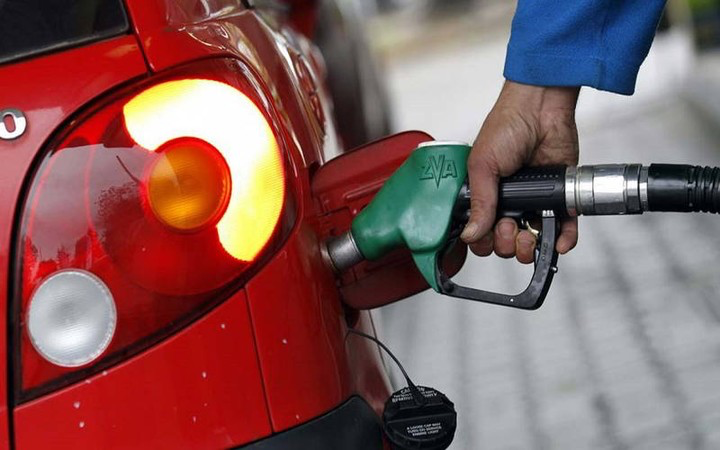The proposed 5% fuel surcharge will not be implemented until there is a significant improvement in key economic indicators, according to Chairman of the Presidential Committee on Fiscal Policy and Tax Reforms, Taiwo Oyedele.
Speaking at a conference in Lagos, Oyedele noted that while the surcharge is a sound policy designed to fund road maintenance, introducing it now would worsen the financial strain on Nigerians.
The surcharge, which was first introduced under the ex-president Olusegun Obasanjo administration, aims to dedicate part of fuel revenues to road repairs, with 40% allocated to federal roads and 60% to states and local government roads. Oyedele described the idea as “brilliant” and noted that most of Nigeria’s 200,000 kilometers of roads are in poor condition.
However, the committee rejected the Federal Roads Maintenance Agency’s (FERMA) request to start collecting the levy after fuel subsidy removal, citing that it would be insensitive to introduce such a tax now. Instead, the committee included the surcharge in the draft tax law with safeguards requiring the Minister of Finance to issue an official order before it takes effect.
“The right time will be when the naira strengthens or crude prices drop, so the surcharge won’t raise pump prices,” Oyedele said. He assured that the ongoing tax reforms would deliver significant relief to the haulage and logistics sector by eliminating multiple taxation, reducing costs, and improving efficiency.
Tax Reforms to Benefit Haulage and Logistics Sector
The tax reforms, Oyedele explained, will simplify Nigeria’s complex tax system and ensure that all collections are transparent and efficiently shared across all levels of government. Small transport and logistics businesses with annual turnover below N100 million will be exempt from company income tax, while eligible operators will benefit from VAT refunds and tax incentives.
“We are not introducing new taxes; we are removing the many duplicated ones that frustrate transporters and increase prices,” Oyedele said. The reforms aim to improve the business environment and stimulate economic growth by reducing the tax burden on small and medium-sized enterprises.
Road Maintenance Fund
The 5% fuel surcharge is expected to generate significant revenue for road maintenance, which is critical to the country’s economic development. Nigeria’s roads are a vital part of its transportation infrastructure, and the lack of maintenance has resulted in many roads becoming potholed and hazardous.
The surcharge will be used to fund road repairs and maintenance, which will improve the overall condition of the roads and reduce transportation costs. This, in turn, will benefit the haulage and logistics sector, which relies heavily on good road infrastructure to transport goods and services.
The proposed 5% fuel surcharge will not be implemented until there is a significant improvement in key economic indicators.
The tax reforms, however, are expected to deliver significant relief to the haulage and logistics sector by eliminating multiple taxation, reducing costs, and improving efficiency. The revenue generated from the surcharge will be used to fund road maintenance, which is critical to the country’s economic development.


